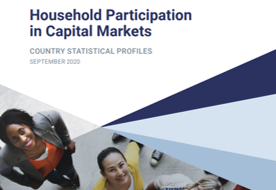EFAMA welcomes the European Commission’s review of the Alternative Investment Fund Management Directive (AIFMD), setting out targeted improvements to key provisions in the current framework. Such targeted improvements will make strides in advancing the Capital Markets Union. At the same time, they maintain the framework which has underpinned a decade of growth in the European Alternative Investment Fund (AIF) market and proven resilient even throughout recent market stresses.

































